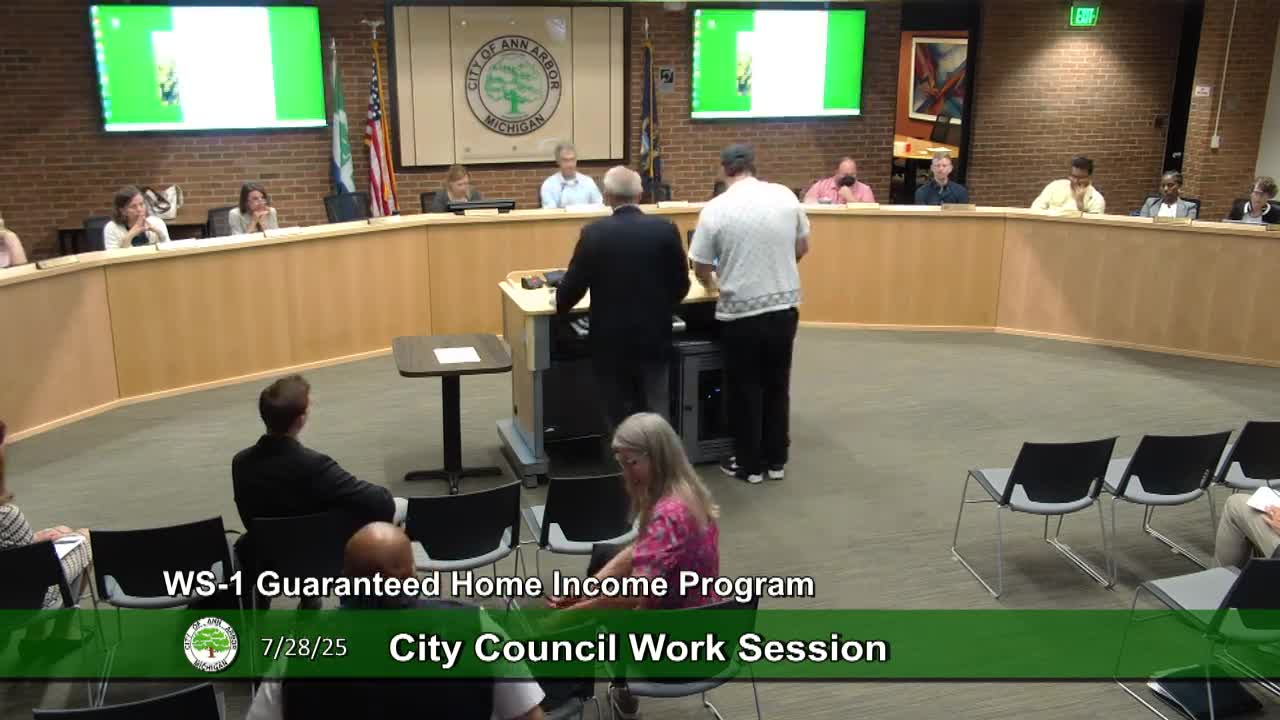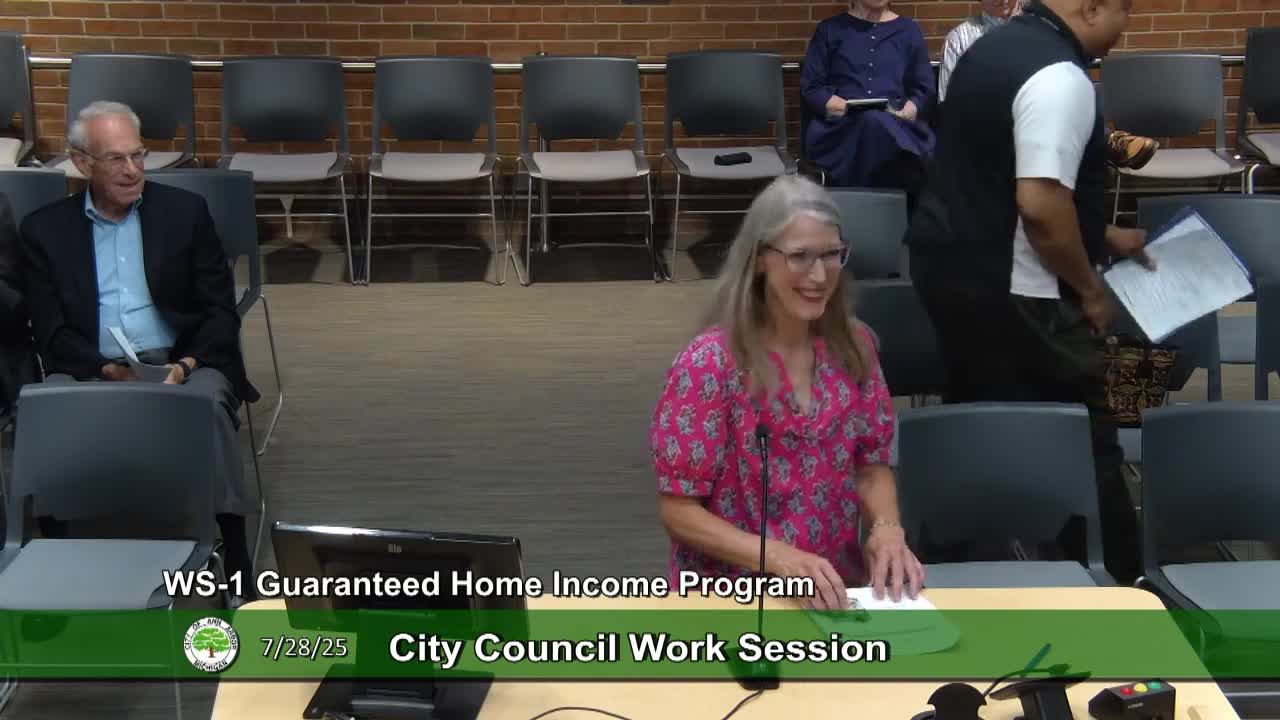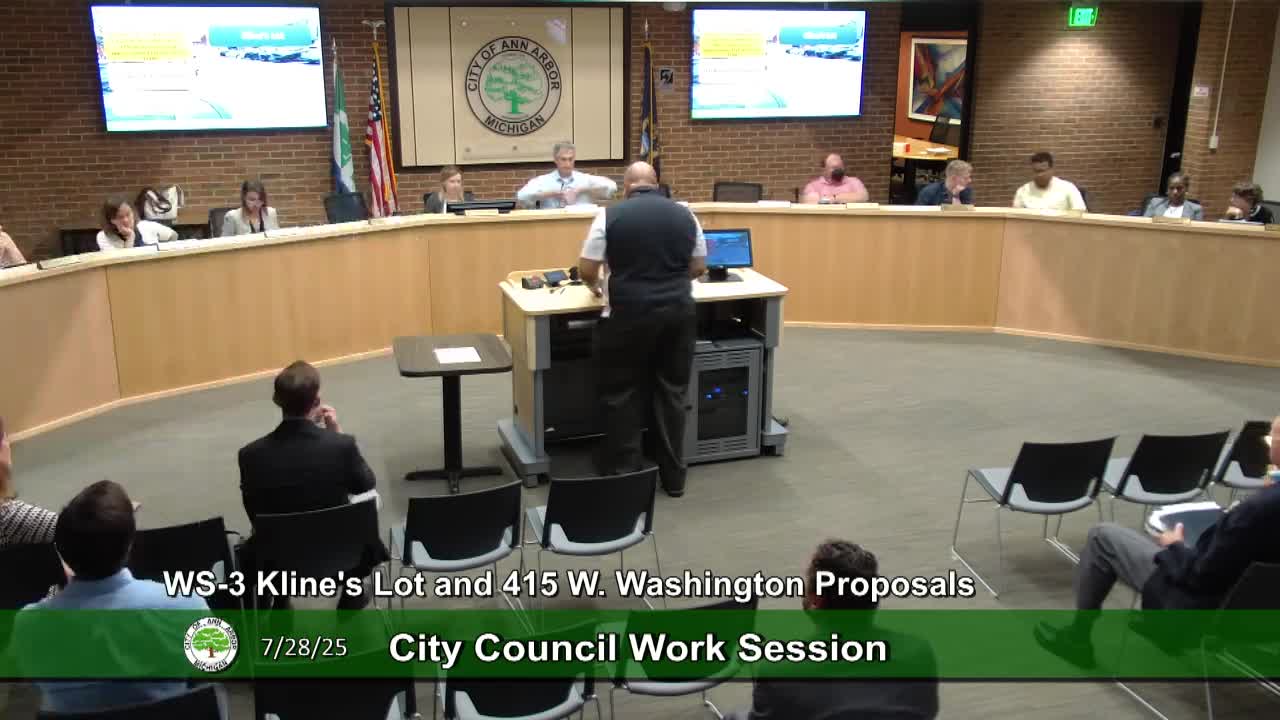Article not found
This article is no longer available. But don't worry—we've gathered other articles that discuss the same topic.

Tree Line Conservancy seeks council OK to issue RFP for ‘gateway’ engineering and signature bridge on Allen Creek corridor

University of Michigan research: Ann Arbor guaranteed‑income pilot shows no year‑one reductions in food or housing insecurity, participants report greater hope

